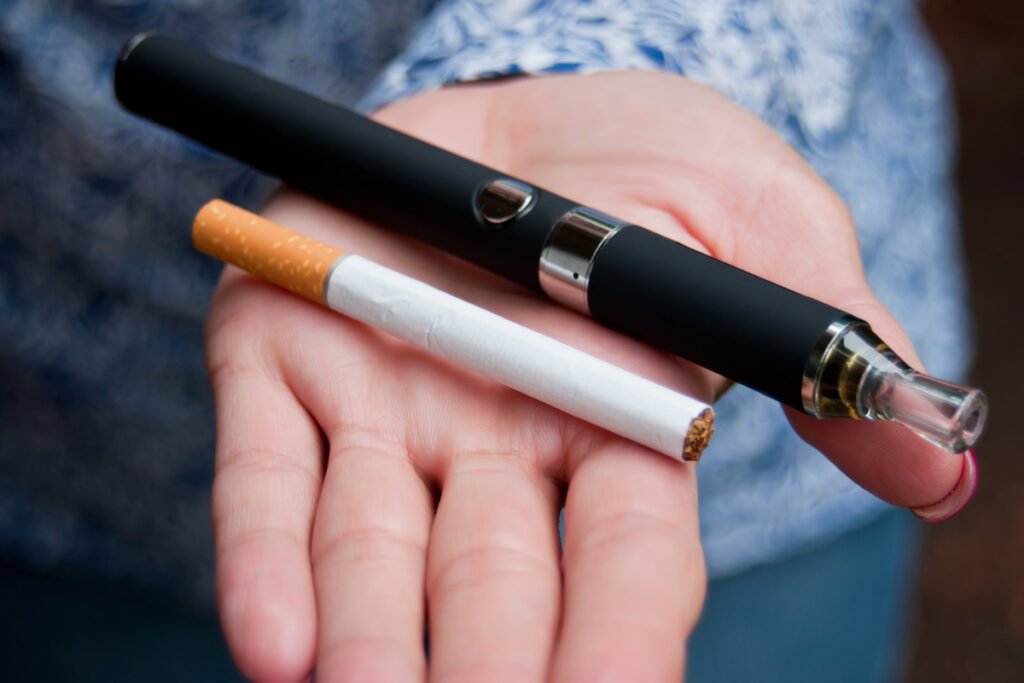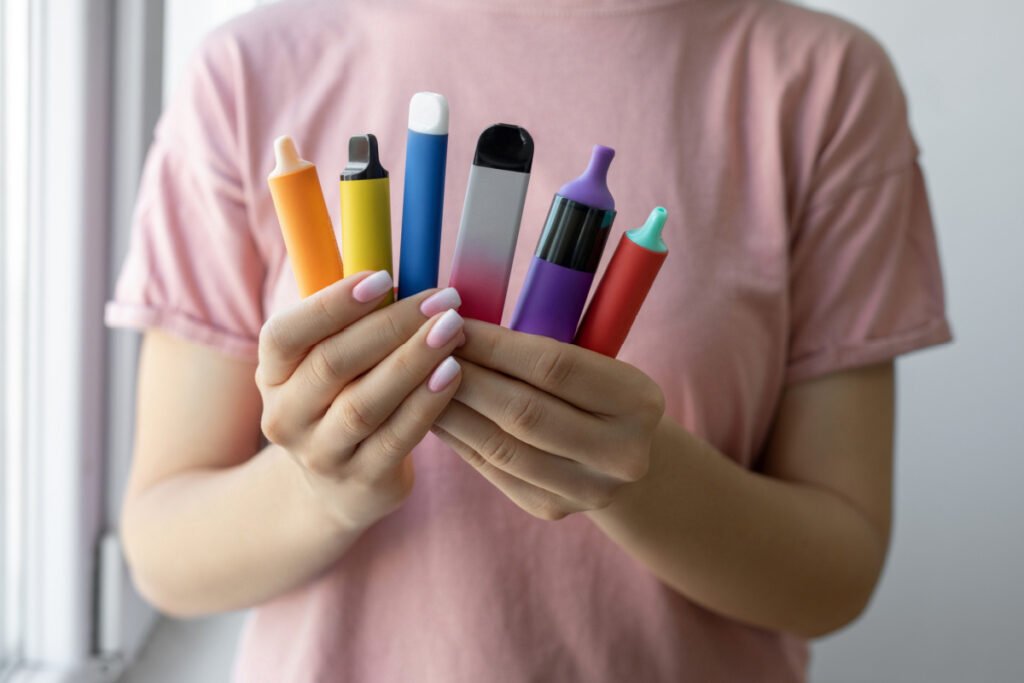Nicotine is Hurting Your Cosmetic Surgery Results—Here’s Why

If you are planning to have cosmetic plastic surgery, you have probably been told to quit smoking. The reason for this is actually the nicotine itself—not just the act of smoking! So, vaping nicotine products, wearing a “patch,” chewing gum, or using anything else containing nicotine is strictly off limits for a minimum of 4 weeks before and after surgery.
To help you understand why, Seattle cosmetic surgeon Dr. Alex Sobel explains the science behind nicotine and healing.
Effects of nicotine on healing
Nicotine constricts blood vessels, which slows circulation and limits blood supply, ultimately allowing less oxygen to circulate in the body. While a blood vessel the diameter of an extension cord may be able to pump ample blood, a constricted blood vessel may shrink to the size of a phone charging cord, allowing significantly less blood supply and oxygen to circulate to a given area of the body.
From e-cigs to snuff, all nicotine products impair your body’s ability to heal itself—and they could sabotage your cosmetic surgery results.
While smokers may heal fine from certain minor procedures, there are good reasons that it is critical to be a non-smoker and non-nicotine user before undergoing cosmetic surgery: cosmetic surgeries dissect tissues, detach skin from underlying tissues and muscle, and otherwise disrupt your skin’s blood supply. Your cosmetic surgeon will be careful to leave enough blood supply to allow tissues to receive critical oxygen and nutrients while they heal; however, if you smoke against your surgeon’s wishes, then the reduced blood supply could delay (or altogether prevent) healing.

Side effects of nicotine use during cosmetic surgery recovery
Patients who continue to smoke or use nicotine after cosmetic surgery are more likely to experience symptoms like:
- Delayed healing
- Skin loss
- Thicker or wider scars
- Infection
- Fat necrosis, in which fat cells die and leave behind hardened lumps
- Life-threatening blood clots, stroke, heart attack, or pneumonia
- Elevated pain levels
This means that smoking after a facelift could lead to the loss of tissues in the cheeks; smoking after a breast lift or breast reduction could lead to the death of nipple tissue; and smoking after a tummy tuck could lead you to lose skin along your abdomen. The side effects can be so serious that we perform a routine nicotine test on patients before all cosmetic procedures.
Quit smoking at least 4 weeks before surgery, or sooner if you can
While a history of smoking can increase your risk of complications in general, quitting smoking before surgery—at least 4 weeks—greatly reduces your risk of developing complications. The sooner you quit, the less likely you are to have trouble during recovery.
If you currently use nicotine products and would like to quit, know that there are ample resources available to you, and you are not alone. We recommend starting with these resources from the Centers for Disease Control and Prevention (CDC), which includes information about FDA-approved medications that support smoking cessation. You may also schedule an appointment with a primary care doctor for personalized guidance and resources.
About Seattle cosmetic surgeon Dr. Alexander Sobel
Dr. Alex Sobel is a triple board certified surgeon in general cosmetic surgery, cosmetic facial surgery, and otolaryngology. He has helped thousands of cosmetic surgery patients achieve their goals with a respectful, caring approach—whether you are interested in a little Botox® or dermal filler, or you are exploring surgical options like a mommy makeover or breast augmentation.
To schedule your consultation with Dr. Sobel, call 425-453-9060 or fill out our online contact form. También se habla español en nuestra oficina de cirugía cosmética.